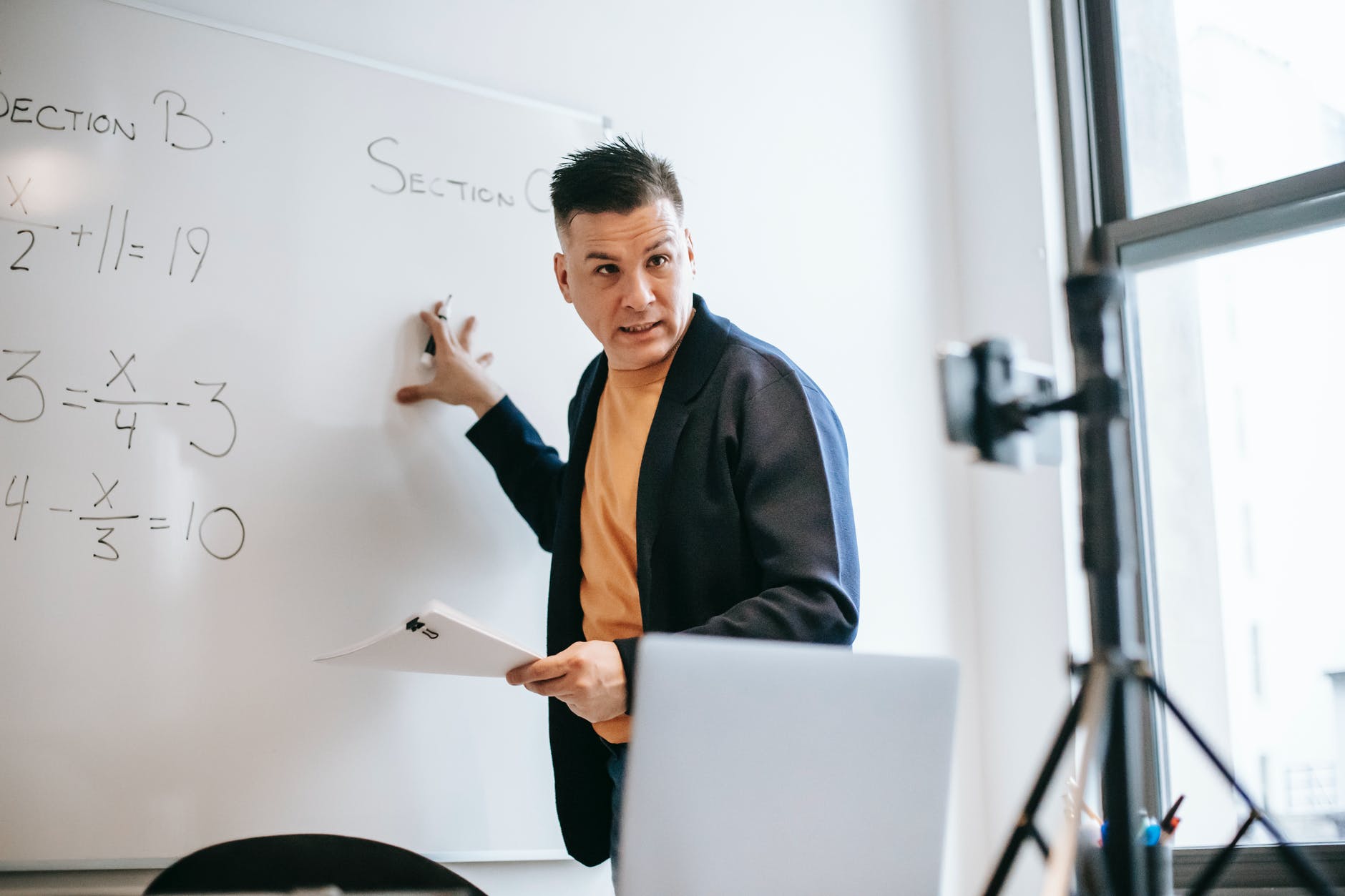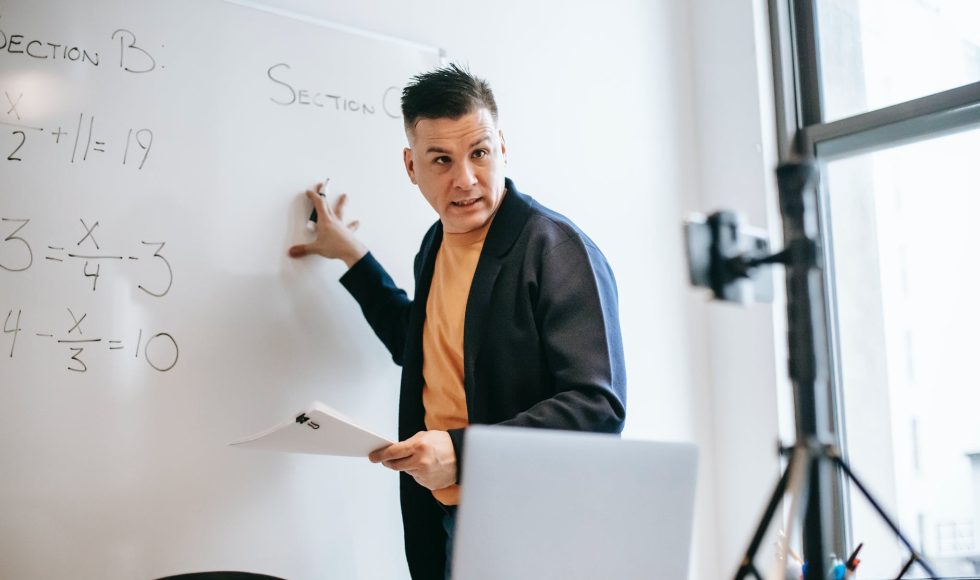I got to play in the lab today with students and the BitBot liquid handler. That made me so happy! I also started watching ALT 2021 conference sessions I missed. I started with the pre-conference workshop 4 presented by Dr. Miranda Melcher from City University of London. The session’s title was “Pre-Conference Workshop 4: Practical tips: how to make your teaching more inclusive for neurodiverse and disabled students” which caught my attention. Melcher started with the question: “Why improve inclusivity in our teaching?” and mentioned that in the UK there is almost 17% of students coming in to higher education with learning differences! The second point was the idea that there is a social model of disability: how we as a society can make participation more accessible. Melcher mentioned that as educators we can switch from the medical to the social model to promote inclusivity. Melcher also listed legal requirements and equity issues including stigmas. Melcher emphasized that all tips listed in the workshop make an impact on all learners and “no students are disadvantaged by making these tweaks to your teaching.” The three practical guiding principles of inclusive teaching that Melcher emphasized are worth stating:
- Be Specific
- Be Transparent
- Be Mindful
We can be specific by stating what participation means, for example. Melcher mentioned that if we include specific examples and guidelines it helps students understand the expectations. “What are we expecting from our students?” asked Melcher and explained that this helps learners manage time and benefits all students. Examples of being specific mentioned in the chat were word count, grading rubrics, how long each activity should take (in general), Q&A examples, how students will receive feedback… Melcher shared that to be specific we can: provide information on when and for how long, available instructions, teamwork roles, depth and length, citation requirements.
To be transparent, Melcher explained that it is important to share with students our marking/grading criteria. I liked that Melcher mentioned that being mindful of ESL learners is important. In the chat, participants shared areas that could benefit from increased transparency: areas that are being assessed, the purpose of an activity (why are you doing this and why in this way), why is group work important, explaining jargon (office hours, for example)… Melcher shared questions to consider to be more transparent:
- What counts, what doesn’t count, and why?
- Where are you coming from? What are your preferences?
- Indicate openness for accessibility improvements – this is one I need to improve upon!
To be more mindful, Melcher spoke about learners in different time zones, working from home, don’t assume everyone is in the same situation. In the chat, participants shared other ways of improving our mindfulness: giving people adequate response and reflection time/space, prompting students to ask for help, allowing students to submit in different formats. Melcher listed the following to be mindful:
- Assume best intent
- Assume invisible disabilities
- Give response time/time estimates
- Consider caring responsibilities
- Consider behavioral norms and expectations
Melcher then presented scenarios for discussion and gave the audience one minute to think about. The scenarios were just long enough (2-3 sentences) to quickly read and had though-provoking issues/considerations. For one scenario, Melcher asked: why are you noticing that the cameras are off? For encouraging more active class discussions (online), the audience mentioned using the chat, lower-stakes activities, polls, nominate roles for team members, turn taking norms… These are great ideas! They then did a group Padlet board that was anonymous. There were several questions related to being transparent and welcoming conversations: “if you are struggling in the class, come talk to me!” Melcher used a form for reflections and feedback. This session had several great ideas and considerations. Having the questions listed out was helpful too. I learned from the scenarios!



